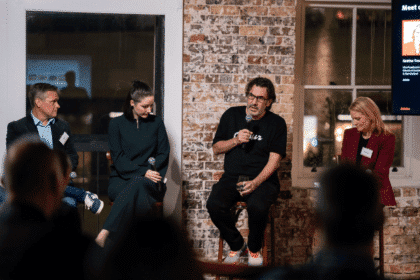Media Diversity Australia, headed by Mariam Veiszadeh, has expressed concerns for the psychological safety of journalists in Australia covering the conflict in Gaza.
In a statement, the organisation said that it had been contacted by several culturally diverse journalists who have expressed concern about the lack of “psychological safety” in some newsrooms in Australia.
Worryingly, some journalists had contacted the organisation to say that they were not allowed to write things they had seen because of “newsroom rules”.
One journalist says, “I have seen things in Palestinian territories that I cannot report on because it does fit newsroom rules. I have seen the occupation of Palestine first-hand but I cannot say that this is what is occurring. We are not being balanced and accurate in our reporting if we can only tell one side of the story.”
The full statement is as follows:
“As an organisation championing media diversity for culturally diverse journalists, we stand in solidarity with and have urgent concerns for journalists scattered across several different Australian newsrooms who have expressed that they feel censored, intimidated and psychologically unsafe.
Over the past several weeks we have spoken to over a dozen journalists who told us they feel isolated, under extreme pressure and unsupported by their newsroom, in the course or reporting on Israel and Gaza.
This is contributing to a perceived environment where newsrooms are dismissive of the lived experience of these journalists, feeding into a toxic cycle of self-censorship.
Even journalists who are not in the field of conflict are being targeted on social media. Fears of doxxing and career reprisals affect their ability to gather and disseminate information.
We must allow journalists to report on this conflict without obfuscation, free from censorship and intimidation.”
There are also concerns about the pressure they are under-reporting on the conflict.
In the update on LinkedIn, Media Diversity Australia said that they had similar concerns expressed to them during the Stan Grant racism row.
“We saw similar sentiments expressed to us post the Stan Grant racism row (leading us to organise a number of Listening Circles) and in the lead up to the Voice Referendum,” the organisation said.








